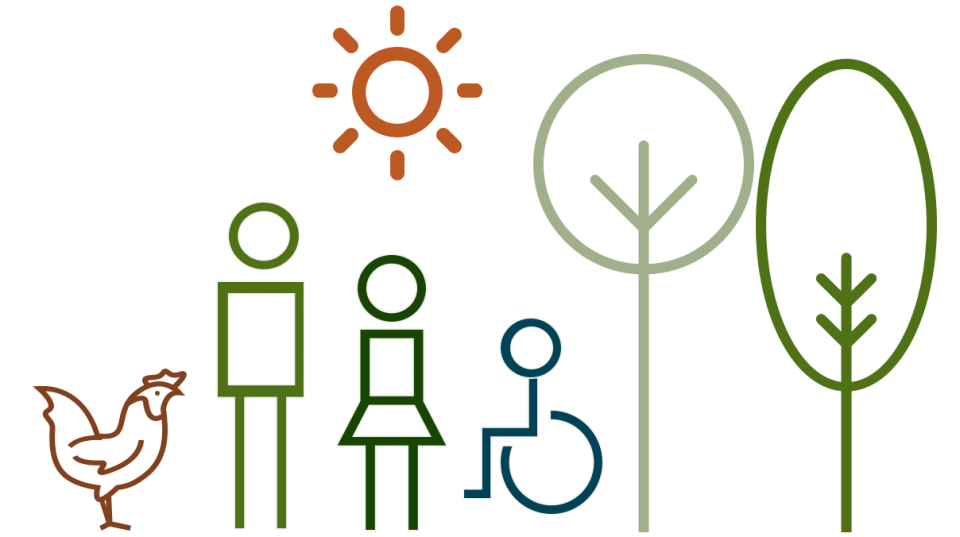Overview
This Small Research Activity (SRA) built upon a direct procurement approach tested in Busia County, Western Kenya, between 2014-2017 with support from ACIAR. The approach, which also encouraged the incorporation of underutilized, nutrient-rich crops in school meals, was able to successfully link farmers to schools and provide healthy school meals to approximately 5,500 pupils while creating employment opportunities for the farmers involved.
The aim of this SRA was to provide an understanding of the policy and organizational environment within which home-grown school feeding approaches such as the one implemented in Busia, Kenya, could be developed in other East African countries.
Project outcomes
Results show that in Ethiopia, Tanzania and Uganda, as well as Kenya, home-grown school feeding (HGSF) approaches are seen as essential for achieving a number of the Sustainable Development Goals (SDGs) and the Agenda 2063 of the African Union (AU), but that few operational examples exist. HGSF is also considered a useful social protection mechanism that supports smallholder farmers and contributes to food security. However, government support and policy environments that foster HGSF vary from country to country.



